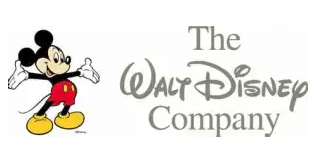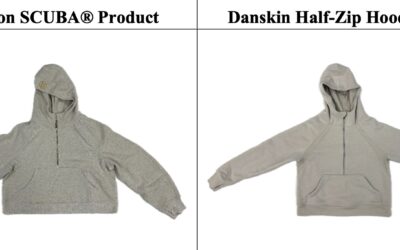When Mickey Mouse first captained a steamboat into the public consciousness in Steamboat Willie in 1928, the copyright term was 28 years with an option to renew for another 28 years. Under the law when Mickey was introduced, Steamboat Willie was set to enter the public domain in 1984.
Much has been written about the oversized role Disney has played in U.S. Copyright law. The very short and grossly oversimplified version is that when Mickey was first going to enter the public domain in 1984 Disney successfully lobbied for a twenty-year term extension in 1976. When Mickey was then due to enter the public domain in 2003, Disney again successfully lobbied for another twenty-year extension in 1998.
For nearly 100 years, the Walt Disney Corp has been a mostly beloved fixture in childhood memories with their iconic animated features and children’s theme parks. But even Disney has not been able to avoid the culture war. Controversy over Disney’s stance on Florida’s “Parental Rights in Education Bill” (viewed from the right as asserting parental rights against activist teachers and from the left as a “don’t say gay” bill) has led to Florida legislation stripping Disney World of self-governing status and has now led to federal legislation targeting Disney’s copyright victories since 1976.
Sen. Josh Hawley, R-MO. Has introduced legislation that would cap the length of copyrights given to corporations to the 56-year term that existed under the copyright act of 1909 and, crictically, retroactively implement the change on corporations that have a market capitalization of more than $150 billion. The legislation would affect around 70 companies, including, of course, Disney.
There is virtually no chance of Sen. Hawley’s bill becoming law – previous less controversial copyright legislation languished in congress for years before being passed with overwhelming lobbyist support. The bill emphasizes how valuable intellectual property can be to your business. You won’t be able to manipulate the law quite like Disney has been able to do, but you can work within the rules that exist to maximize the long-term value of your intellectual assets.
The Sonos v. Google Patent Wars: Federal Circuit Showdown
Federal Circuit oral arguments could reshape patent continuation strategy after judge controversially threw out $32.5M verdict over 13-year delay.
Lululemon vs. Costco: Athletic Wear Giant Alleges Unauthorized Product Sales
Lululemon has filed a comprehensive federal lawsuit against Costco, alleging the retail giant violated multiple...
Disney and Universal Sue AI Company Midjourney for Copyright Theft
Disney & Universal launch groundbreaking lawsuit against AI company Midjourney for copyright infringement. $20M+ case could reshape AI industry forever.




